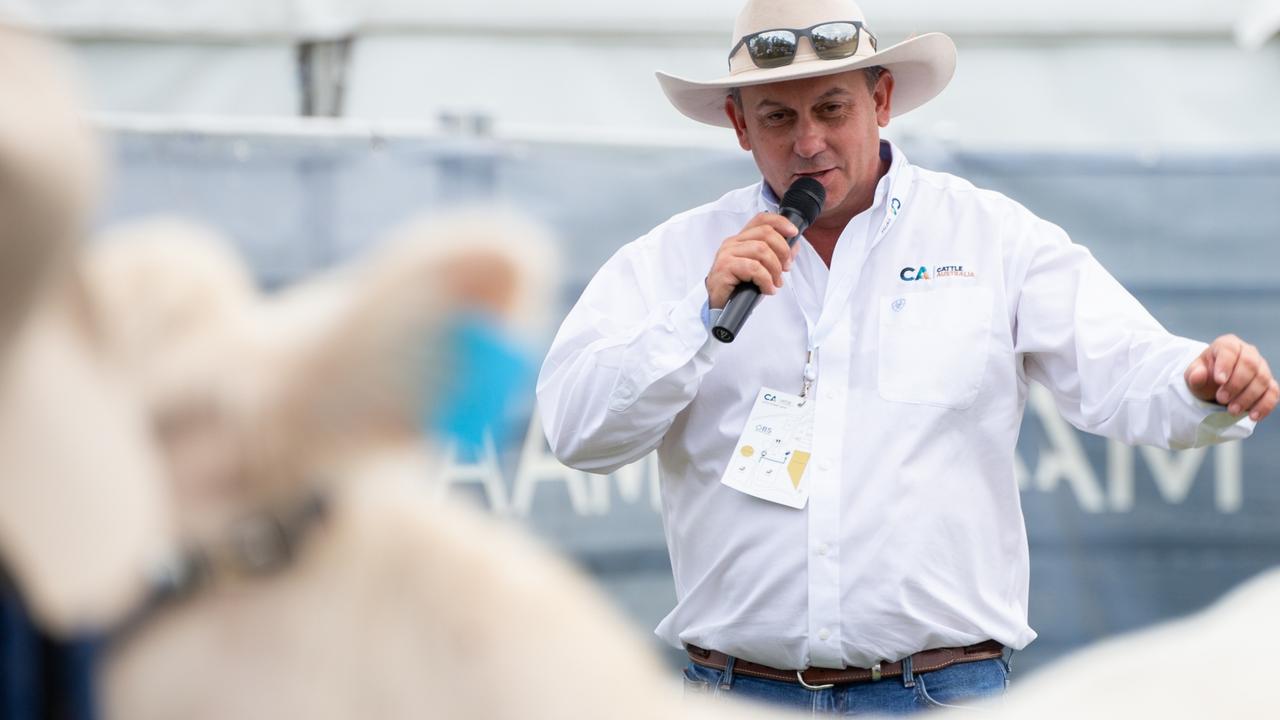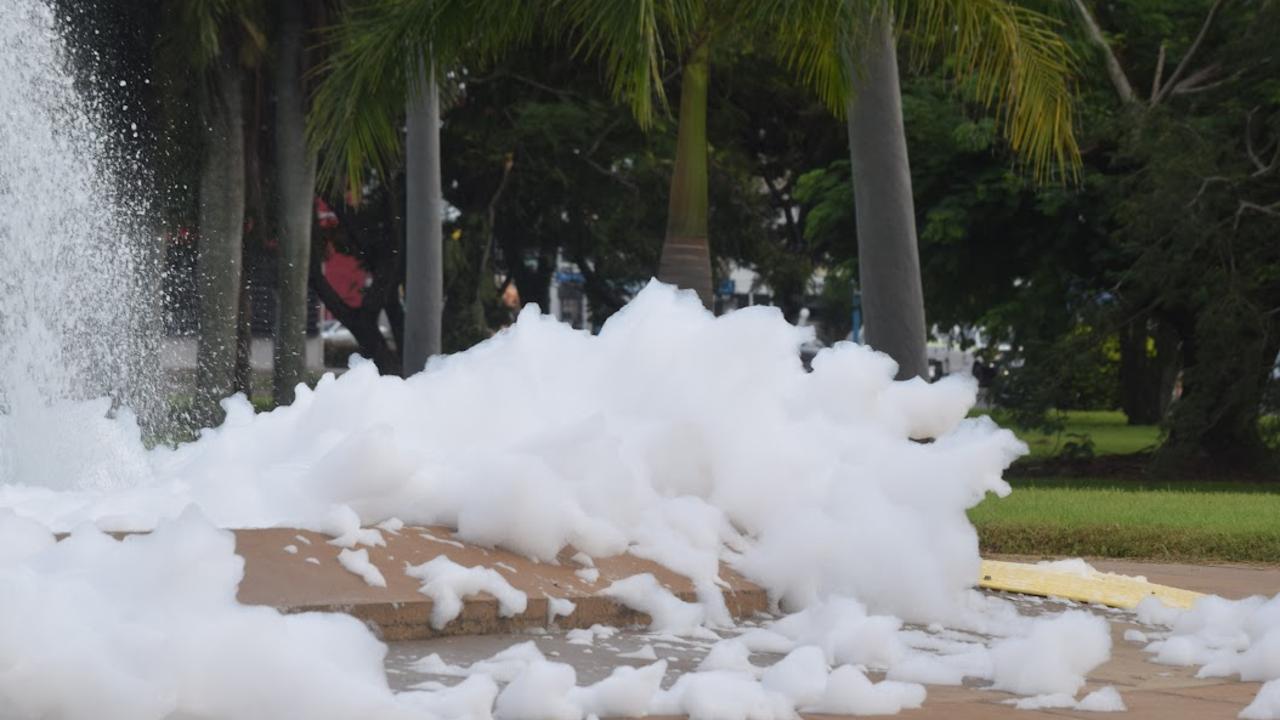Central Qld cattle producers battle weather, now Trump’s Australian beef tariff
A fourth-generation Central Qld grazier has warned US meat-eaters will suffer from Donald Trump’s shock tariff on one of Australian beef’s “largest markets”.
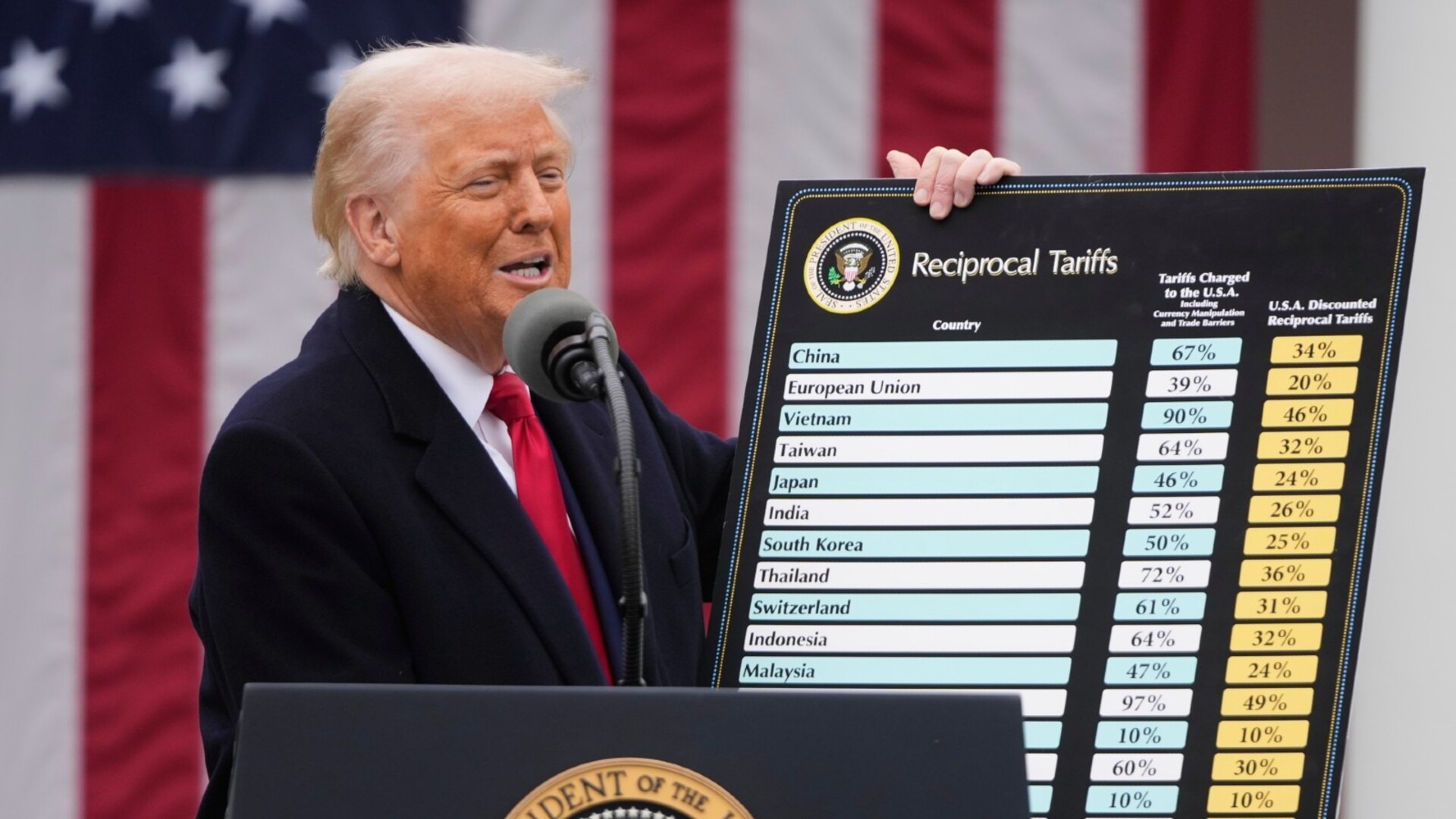
Rockhampton
Don't miss out on the headlines from Rockhampton. Followed categories will be added to My News.
Central Queensland grazier Will Wilson was worried about the unreliable seasonal impact on the cattle industry last week but Donald Trump has changed that overnight.
The American president unleashed his list of tariffs on nations across the world as Australians slept on Wednesday night, leaving Central Queensland farmers to wake up to the news the Trump administration had decided to impose a 10 per cent tariff on Australian beef.
Mr Wilson’s concerns have now turned from the weather, including the late monsoons flooding western Queensland, to the ever-fluctuating prices of “clean, green protein” that is Australian beef and what this tariff will mean for the producers.
Central Queensland grazier Howard Smith echoed his words, with both men saying it could be weeks before the true impact of the tariff and any other restrictions Trump imposed on the Australian beef industry is known.
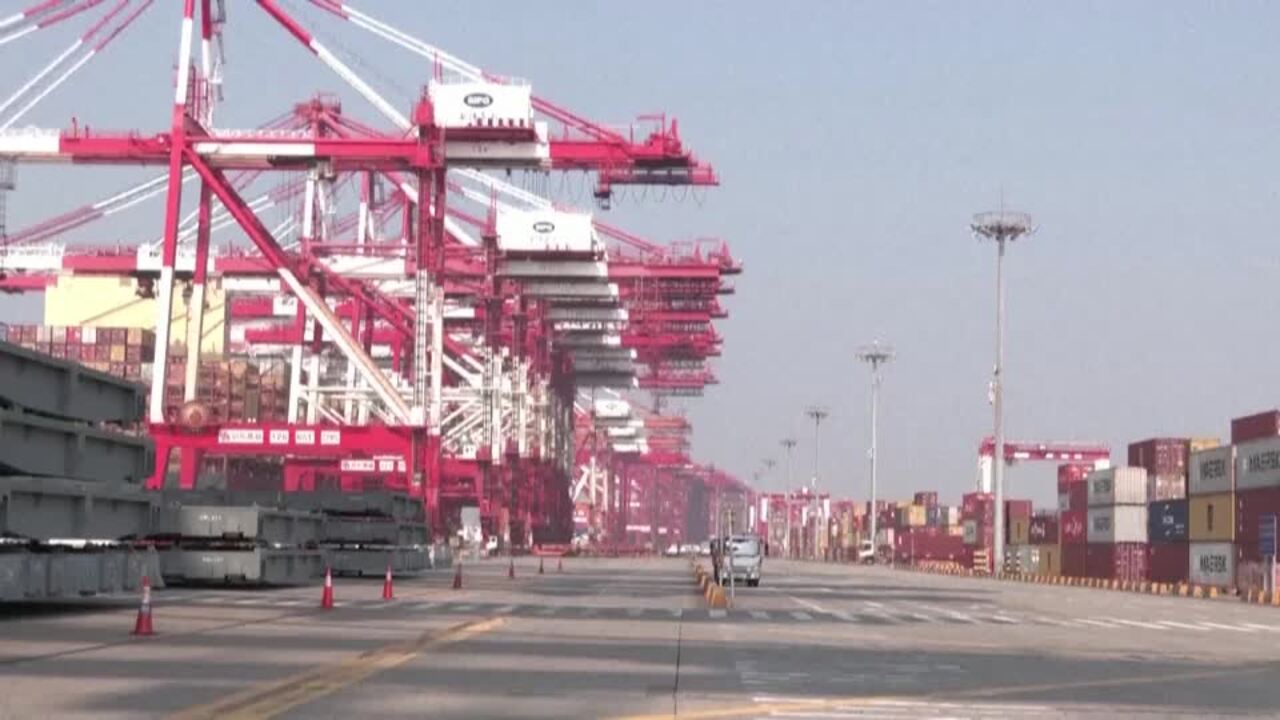
Mr Smith and his family, including his father and grandparents, built up their agriculture business to about 100,000 acres of land between properties at Springsure, Rolleston and Moura.
He was also the president of the Cattle Council of Australia for 14 years, standing down in 2018.
Mr Smith said if the Australian beef industry is only hit with the 10 per cent tariff, it could manage through that, but if other regulations such as quotas are imposed, that “would become really problematic”.
Mr Wilson is a fourth generation cattle producer at his family-owned Calliope Station, a manager at the Calliope Machine and Hire Company, Director at Australian Beef Logistics and a former AgForce cattle president.
He said there could also be a domino effect from the tariffs Trump has imposed on countries across the globe that could ultimately also impact the Australian beef industry.
“It’s (America) one of our largest markets,” Mr Smith said.
He said Australian exports about about 400,000 tonnes to American which is then blended with their USA beef and used in hamburgers.
“We export 70 plus per cent of the products, but it’s not like we were exporting it to make ourselves hungry,” Mr Wilson said.
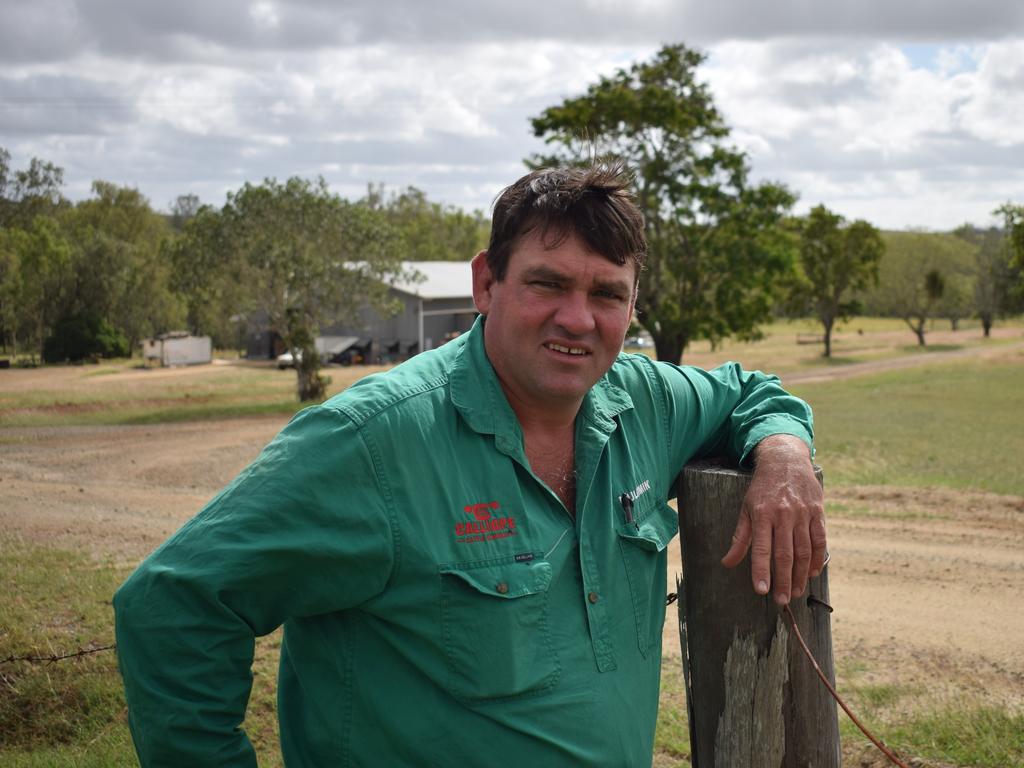
He said Australian beef exported to America is the lean, trim cut.
“They might start realising their burgers change flavour pretty quickly,” Mr Wilson said.
“They’re screwed without it. They need our lean beef. I don’t know where else they can get lean beef like they can in Australia.
“It’s not like we are selling them rib fillet and competing at the high end.
“We are a little bit, but nowhere near what we are with their trim beef.”
He said the European Union sought Australia’s high-end beef products.
Mr Smith said Australia has a system where it can trace its animals for risk of disease and contamination and other things, unlike the United States.
He said Australia also ensures its exports and imports meet hygiene, sanitation and biosecurity procedures standards.
Mr Wilson said Australian beef producers put a lot of work into protecting its clean, green product standards.
“Our customers recognise and respect the fact that we are clean, green producer of protein,” Mr Wilson said.
He said it was sad that the industry found itself in the position it was in now as the loss of stock from the floods in western Queensland following the Foot and Mouth Disease and the Lumpy Skin Disease outbreak in the north last year and plus non-tariff barriers (NTBs).
NTBs are trade restrictions or ‘red tape’ measures other than tariffs including quotas for the European Union, import licensing, sanitary and phytosanitary regulations, price controls and customs procedures like keeping animals quarantined for specific times before entering a foreign market.
“Non-tariff trade barrier at the moment is more evident than ever from a European perspective, which is an important market,” Mr Wilson said.
“But should be a way more valuable market but we can’t make it more valuable that’s put in place by our forebears – people who came before us.
“Our biggest strength becomes our biggest weakness all of the time.
“The world’s appetite for agriculture has changed a bit.
“This sustainability debate pushes it to places we never want it to be.”
Mr Wilson explained he did not know if the market-driven values – having a known value for a product – was necessarily working as the price of beef had fluctuated so much in the past few years – doubling then halving, then doubling followed by halving again.
“The customer seems to care whether we’re looking after the grass, but they don’t seem to care whether we’re profitable or not,” he said.
Mr Smith said before the floods in western Queensland, cattle sales were being booked out weeks in advance as producers tried to offload stock due to the “fairly erratic weather” the country had experienced this year.
He said most had relief from the drier conditions which usually led to the influx of cattle going through saleyards like this, but there were still patches of dry after all the influx of rain the state had received.
More Coverage
Originally published as Central Qld cattle producers battle weather, now Trump’s Australian beef tariff



